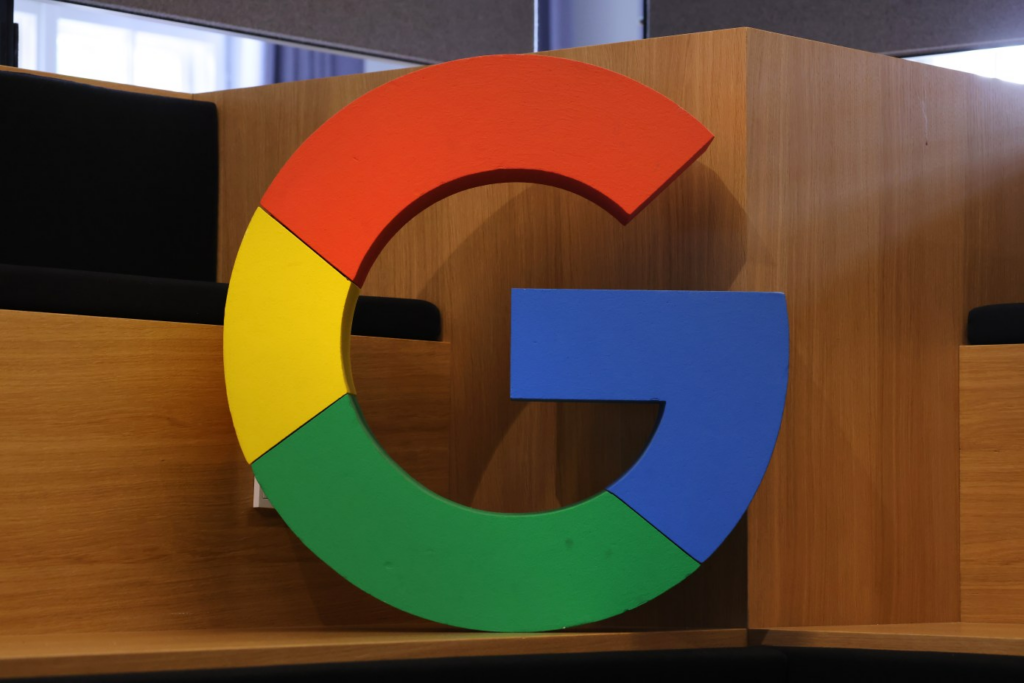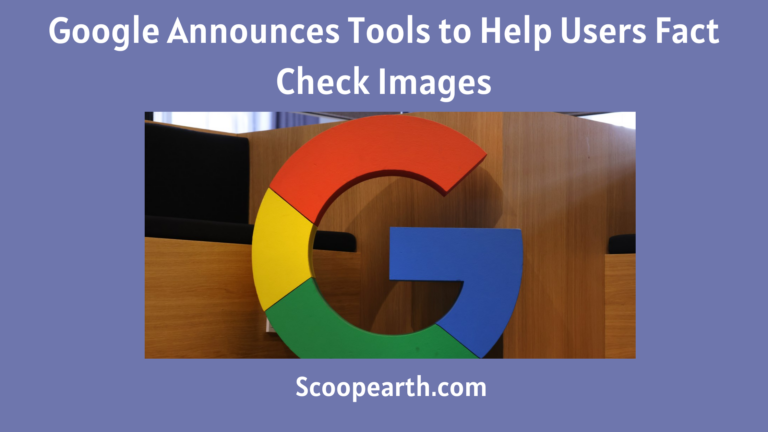Introduction:
The distribution of dangerous disinformation has been facilitated by using context-rich photos and videos on social media. To stop Google Announces Tools misleading information from spreading, Google says it will now disclose additional contextual information about an image.
Viewing an image’s history, metadata, and the context in which users have used it across many websites are all included in the new toolkit. The “About this image” capabilities that Google revealed earlier this year are now available to all English-speaking people worldwide.
Users can determine the context’s recentness by knowing when they were “seeing” the image for the first time on Google Search. To refute any incorrect claims, the application also enables users to see how the image was characterized by others on other websites.
According to Google, viewers may also view metadata, which includes fields indicating if the image was created using artificial intelligence. According to the corporation, every image produced by Google AI is marked. To correctly identify photographs created by AI, Adobe, Microsoft, Nikon, and Leica released a symbol in October.
Clicking the three-dot menu on Google Images results will open the new image tools. The “more about this page” option on the “About this result” tool, accessible via the three-dot menu, provides another way to get to it. Google stated that it is looking at more ways to get to them.
Google Announces Tools:

Google Announces Tools [Source of Image: Techcrunch.com]
Additionally, Google said today that authorized media outlets and fact-checkers can use the FaceCheck Claim Search API to upload or copy image URLs for further information within their applications. The business began testing features of the Fact Check Explorer product in June. This allows fact-checkers to investigate references, fact-checks, and other information about a specific image.
Additionally, the business is working with generative AI to aid in the description of sources like unidentified blogs or seller pages. Users who have enabled Search Generative Experience (SGE) will see AI-generated site information in the “more about this page section,” according to Google. It further said the generated content would include citations to the page or site on other “high-quality” websites. When Wikipedia or the Google Knowledge Graph lacks details or an overview, Google’s AI usually fills it in.
Companies are working on tech to provide more information about photographs, given the technological development that has made it simple for people to produce diverse images using generative AI. Adobe developed an open-sourced framework in June to assist apps and websites in confirming the legitimacy of uploaded images. In a related move, X has introduced Community Notes, its crowdsourced photo and video fact-checking service.
To sum up, Google’s introduction of tools for aiding users in verifying images represents a noteworthy stride in the battle against misinformation and in upholding the integrity of visual content on the internet. These tools allow individuals to make informed choices and foster a more trustworthy digital information environment. Being attentive and using these resources is essential for confirming the genuineness of images encountered online.

